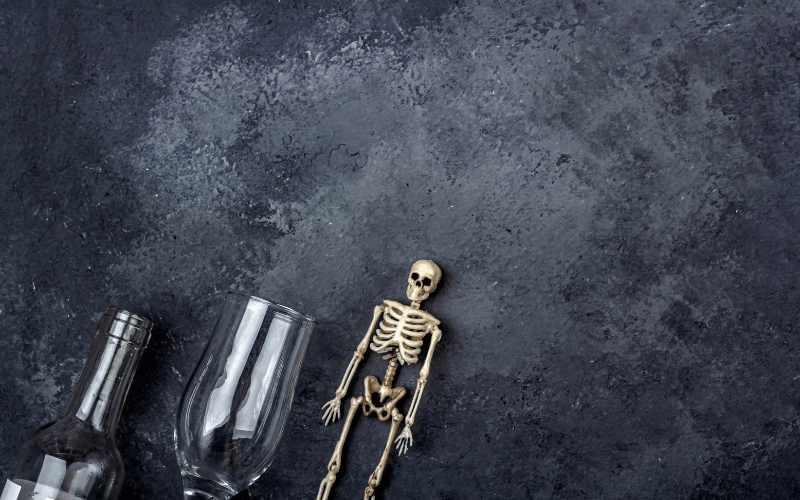6. Alcohol Consumption: Not Just a Nightcap Issue

Ah, the clink of a glass, the rich aroma of a fine wine or whiskey. While the social and even gustatory delights of alcohol are well-advertised, what’s not on the label is its link to colorectal cancer. Alcohol isn’t just hard on the liver; it can also do a number on your colon and rectum. Ethanol, the active ingredient in alcohol, is metabolized into acetaldehyde, a known carcinogen.
Acetaldehyde doesn’t just linger in your liver. This nasty byproduct can also find its way into your digestive tract. Here, it can bind to DNA and proteins, causing genetic mutations that can lead to colorectal cancer. The story is far from simplistic, involving metabolic pathways and enzymatic activities that become compromised.
Then there’s the matter of folate absorption. This essential nutrient helps produce and maintain new cells, but alcohol interferes with its absorption in the digestive tract. Folate deficiency can lead to DNA changes, potentially triggering cancerous developments. It’s not merely a deficiency; it’s a functional failure at a cellular level. (6)